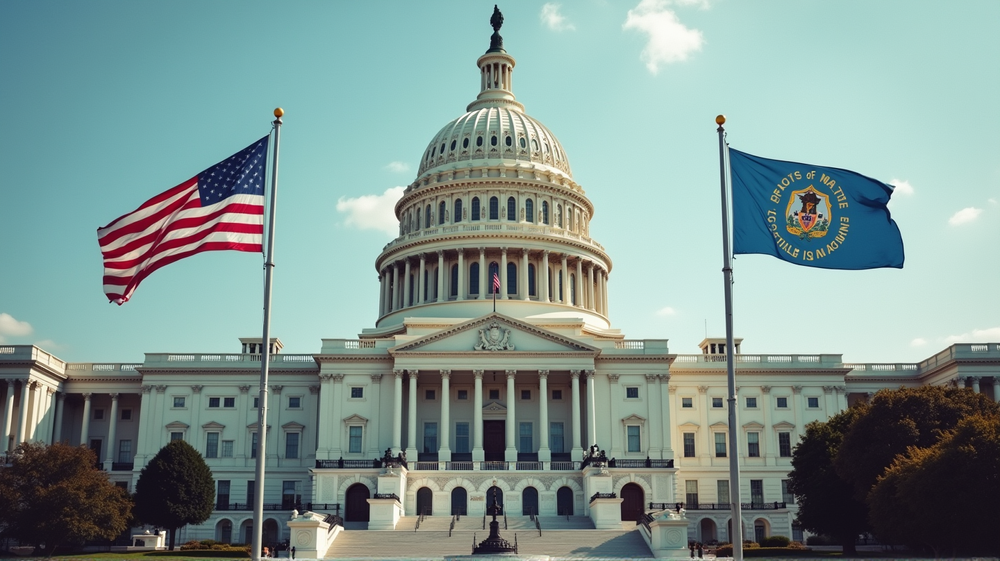In an unprecedented maneuver, the Trump administration has ordered states to delve into the enrollment records of Medicaid participants, targeting the immigration status of these individuals. This surprising directive is part of a broader strategy aimed at eliminating ineligible participants from federally-funded health programs.
A Controversial Directive
The bold decision to leverage state Medicaid programs as tools in the broader immigration crackdown has stirred controversy nationwide. States, feeling the weight of this directive, have received lists totaling over 170,000 names suspected of being ineligible due to immigration status. This daunting task places additional burden on Medicaid administrators who already juggle various responsibilities, while also exacerbating tensions in an ongoing national discussion about the rights of immigrants and governmental resource allocation.
The Financial Angle
According to KFF Health News, the focus is not just on legality but on financial implications. Mehmet Oz, the head of the Centers for Medicare & Medicaid Services (CMS), claims that over $1 billion has been improperly allocated towards Medicaid funding for undocumented immigrants across several states, prompting calls for accountability and reimbursement.
State Responses and Reactions
States like Colorado and Illinois have voiced strong opposition, questioning the accuracy of Oz’s claims. They argue that their immigrant coverage practices comply with existing state and federal laws. Overstated and miscommunicated figures, as states claim, add fuel to the fire in this charged political environment. For instance, Colorado explicitly called the federal findings “incorrect,” challenging both the accuracy and the tact displayed by federal authorities in announcing unverified data.
Unintended Consequences
While striving for better fiscal responsibility and legal compliance, the policy shift risks unintended consequences for eligible Medicaid recipients who could be unfairly removed due to paperwork lapses or system errors. Health policy experts warn that this could lead to a wave of unnecessary disenrollments, exacerbating vulnerability among low-income populations.
Focus on Fair Practice
Opponents argue that Department of Health and Human Services (HHS) should dedicate resources to improving health care access rather than focusing on immigration prosecutions. Advocacy groups caution that the checks duplicate existing state processes and could misappropriate crucial resources away from health care to politically motivated agendas.
The Broader Implications
As state agencies navigate the challenges this policy imposes on their administration, the broader implications for health policy and immigration are significant. This initiative places an unprecedented strain on the relationship between Medicaid services and immigration enforcement, forcing the public to reconcile health benefits with citizenship status.
This decision, seen by some as a political move with more spectacle than substance, raises critical questions about the future of federally-supported health insurance programs and their role in broader socio-political themes.
In light of these developments, America finds itself at the crossroads of immigration policy and healthcare rights, a convergence that will certainly continue to shape the nation’s policy landscape for years to come.












